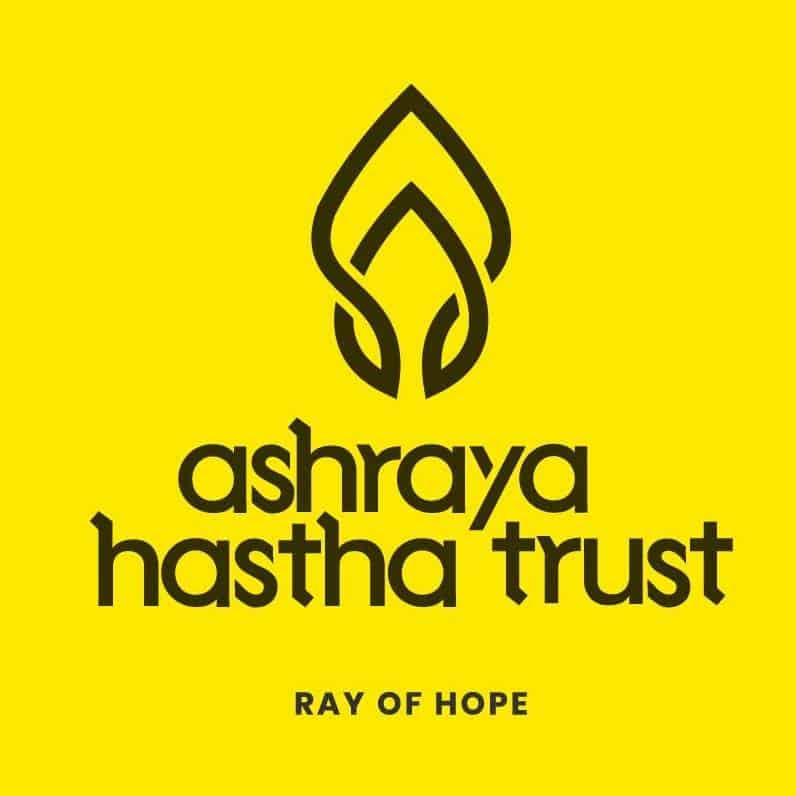
To support strategic scientific dialogue around the concept of extending the vision of 21st century toxicology to the wider biosciences, Humane Society International/India (HSI/India), in collaboration with the Centre for Cellular and Molecular Biology (CCMB) and with support from Ashraya Hastha Trust, is offering funding to support the development and open-access publication of in-depth, independent review articles in discrete areas of human disease/biomedicine by health scientists with relevant expertise. Disease areas of particular interest under this call include, without limitation, cancer, diabetes (type II), cardiovascular diseases, and tuberculosis.
Each review should:
- Examine the state of the science in a specific area of human biomedicine, including current understanding of the underlying pathophysiological pathways and networks;
- Critically evaluate the human relevance, translational success and limitations of conventional research models;
- Offer concrete recommendations/roadmap for optimizing the funding and use of advanced, human-specific tools and approaches (pathway paradigm as an organizing framework, primary human cells/tissues, iPSC, organoids, bioengineering, computational systems biology modeling, etc.) in the disease area under discussion; and
- Be accepted for publication in a high-visibility, peer-reviewed journal.
HSI/India will work with lead authors to promote the findings of their review publications to key stakeholders. This will include collaboration to develop and disseminate a press release to the science media, as well as a short non-technical video.
A scientific workshop will be convened in 2020 to explore the findings and recommendations of funded review articles. Lead authors will be invited to attend and present their work, and contribute to a subsequent workshop report. Travel, accommodations and meals will be arranged.
Key Dates | Who can apply | How to apply | Funding conditions | Related documents
Key Dates
| Application process opens | 27 November 2018 |
| Deadline for online applications | 28 February 2019 (midnight IST) |
| Notification of successful candidates, legal paperwork and commencement of funding period |
1 September 2019 |
| Draft review submitted to HSI/India | 31 October 2019 |
| Final draft submitted to HSI/India First payment due upon acceptance by HSI/India |
31 December 2019 |
| Publication of review article Final payment due upon acceptance for publication |
Mid 2020 |
Who can apply
• Health researchers holding a PhD (or equivalent) degree and able to demonstrate relevant experience in the disease area they propose to review.
• Eligible individuals may currently be employed in a health research position in the academic, private or public sectors, or may have retired from such a position. Postdoctoral fellows are also eligible.
• Applications will be accepted from a single author or from groups of authors.
• The current call is restricted to applicants working in India.
How to apply
The application form can be downloaded below and submitted by email. Applicants must read the funding conditions below before completing their application.
A brief CV of no more than two pages for each applicant is also required, and PDFs of up to four recent publications in the field of the disease that they wish to review should be included.
High visibility publication of the review is a requirement of this funding; therefore, applicants are required to identify three candidate peer-reviewed journals of suitable remit for their review.
Final applications should be submitted by email to Dr Brinda Poojary at bpoojary@hsi.org by 28 February 2019.
Funding conditions
It is expected that grant funding shall be used to enable applicants to dedicate their time to the production of a high-quality review article within a relatively short (~3 month) time frame, and will be used to cover the fee for open-access publication in an appropriate peer-reviewed scientific journal.
Successful applicants shall be paid in arrears under the following terms and conditions:
• 70,000 INR shall be payable upon completion of the review to the satisfaction of HSI/India;
• 2,80,000 INR shall be payable upon acceptance for publication by an appropriate, open-access peer-reviewed scientific journal agreed by HSI/India.
HSI/India urges all funding recipients to request that a brief publication embargo be placed on their review prior to publication to enable promotion via global media services such as EurekAlert. HSI/India will collaborate with each author to produce a suitable press release, and will interface with the media service and the author’s institutional communications department as needed.
Funding recipients are requested to provide HSI/India with images (high resolution photos and video clips) and brief text explaining your review in language suitable for the public at large. HSI/India will use these materials to develop short (60-90 second) videos to illustrate to non-scientists how new technologies are helping to progress research for diseases that touch the lives of millions of people. Videos will be shared via HSI/India social media channels (e.g. Facebook and Twitter).
In addition to, and following publication of, the review, applicants will be required to participate in at least one international conference/workshop, to be agreed with HSI/India. The aim of this follow-up event will be to facilitate open discussion of the limitations of animal models for human disease research to further disseminate this paradigm shift towards human-centered biomedical research. Travel and accommodation costs for this event will be covered by HSI/India and are therefore not included in this funding.
Related documents
-
-
- Application form
- Previously funded publications:
- Recommended reading:
- Lessons from Toxicology: Developing a 21st-Century Paradigm for Medical Research
- Towards a 21st-century roadmap for biomedical research and drug discovery: consensus report and recommendations
- Human-specific approaches to brain research for the 21st century: a South American perspective
- Recommendations toward a human pathway-based approach to disease research
-
